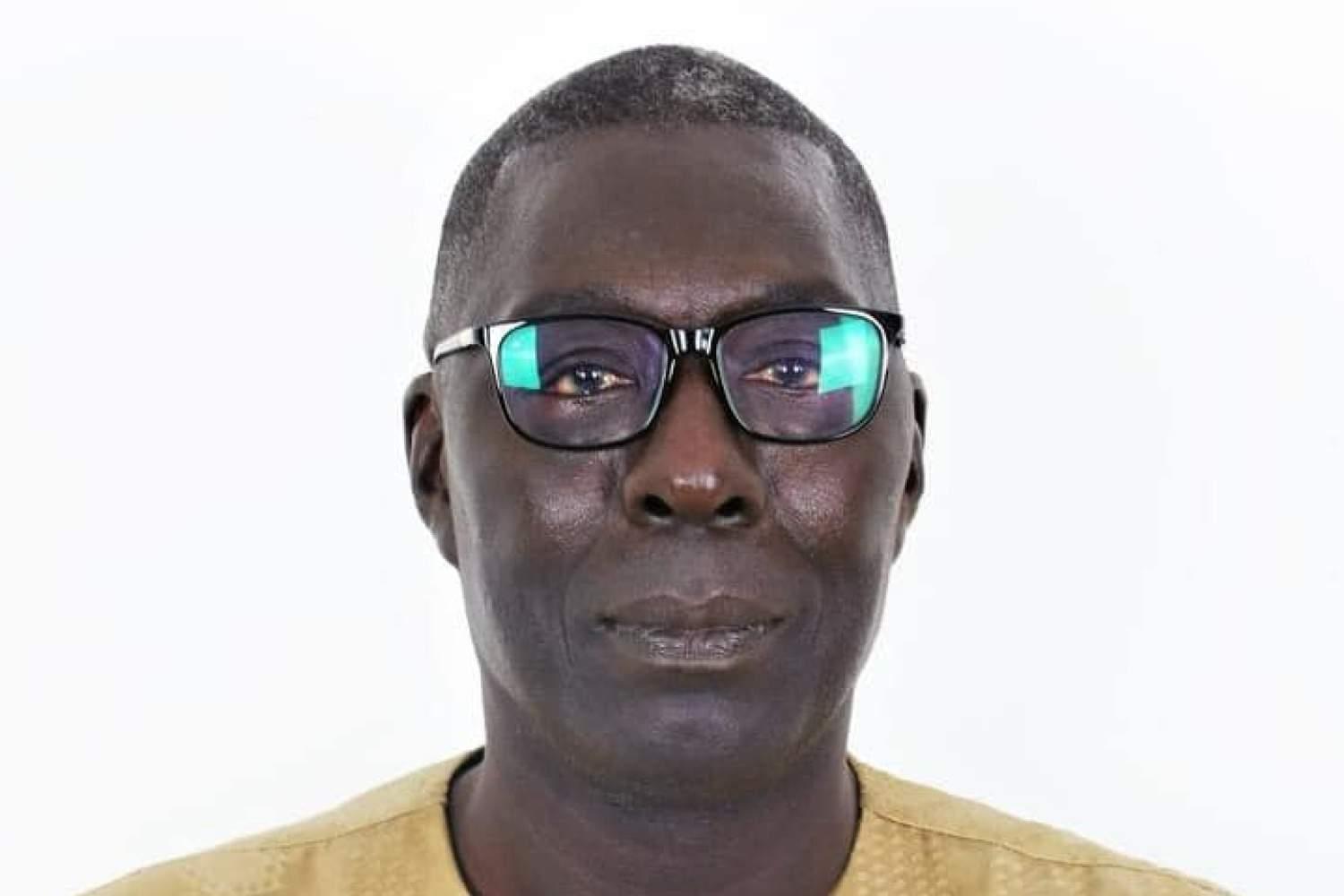Africa-Press – Gambia. The Government of The Gambia has defended former Petroleum Minister Abdoulie Jobe, stating that he acted within his ministerial authority when issuing a policy note that became the subject of parliamentary scrutiny.
The position was outlined in the government’s consolidated response to the findings of a National Assembly joint committee of the Finance and Public Accounts Committee (FPAC) and the Public Enterprises Committee (PEC). The inquiry examined the management of 36,953.614 metric tons of petroleum products valued at 30 million dollars. The report was presented to lawmakers by Finance and Economic Affairs Minister Seedy Keita.
The joint committee had concluded that Jobe may have engaged in misconduct and recommended proceedings to censure him for issuing policy note MOPE/GOGP/PP/002 and for alleged interference in police investigations.
In its response, the government rejected the claim, stating:
“The Government holds the view that the former minister of petroleum, Mr. Abdoulie Jobe acted within his ministerial powers to issue the policy note (MOPE/GOGP/PP/002) as referenced in the letter dated 30th October 2023.”
The parliamentary report also highlighted governance issues at the Gambia National Petroleum Corporation (GNPC). The committee urged stricter due diligence in all petroleum transactions, including verification of vendor licenses and corporate registration. It further called for disciplinary action against officials who approved contracts without adequate checks.
The government acknowledged the recommendations, noting that the GNPC Board would be tasked with instituting new protocols, identifying officials who breached verification procedures, and taking disciplinary measures where necessary.
The committee also proposed that the Ministries of Petroleum and Finance jointly develop a national petroleum strategy to expand GNPC’s market share. In response, the government said this directive was already in place:
“Government, through a policy directive, has already tasked GNPC to expand. This is one of their KPIs with the SOE commission. GNPC is expected to develop their strategy aimed at expanding their market share as per existing government policy directive. They have already developed two model stations and are working on an additional two stations.”
The joint committee further recommended that the Petroleum Commission conduct quarterly reviews of licensing, ullage allocations, duty waivers, and market practices, with reports submitted to the Ministry of Petroleum.
It also urged the Public Utilities Regulatory Authority (PURA) to establish a proactive surveillance and compliance audit schedule covering the operations of oil marketing companies (OMCs), petroleum imports, and related activities. The committee warned that failure to implement such a system within six months should trigger administrative sanctions against PURA officials.
Responding, the government said PURA already conducts testing, inspection, and surveillance in line with the law:
“With respect to the outcome of the tests, they are reported and shared with the OMCs and traders upon request to the ministry. Further, inspection, testing and rigorous surveillance are already in place. PURA strictly enforces the licensed conditions for the operation of OMCs and breaches are dealt with under the law,” he said.
For More News And Analysis About Gambia Follow Africa-Press






